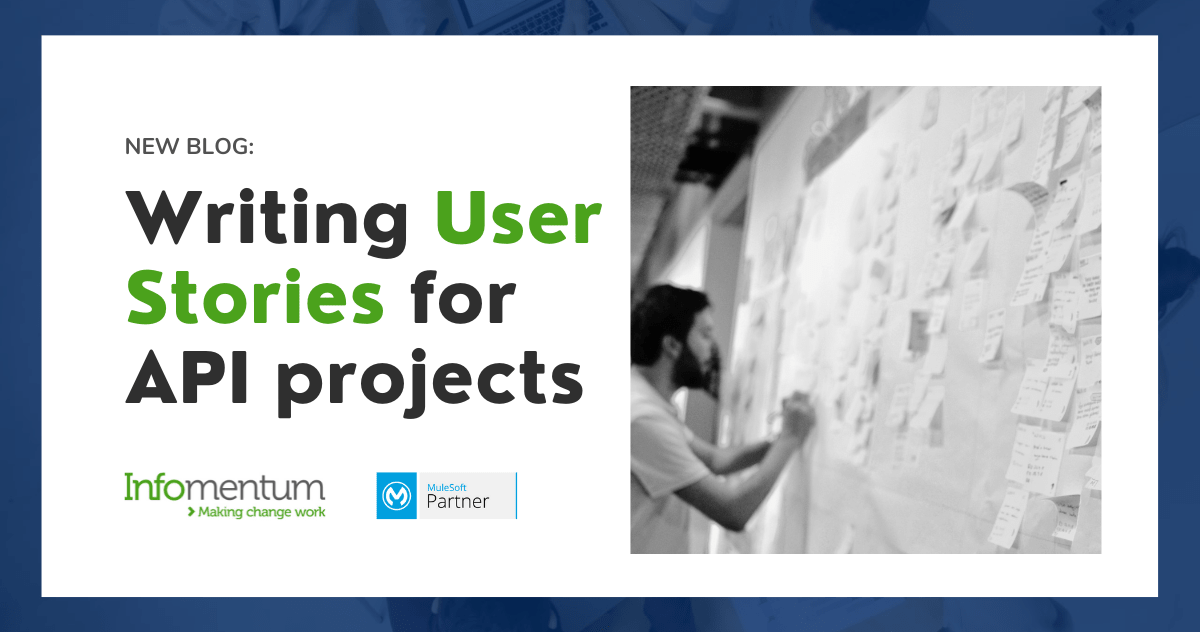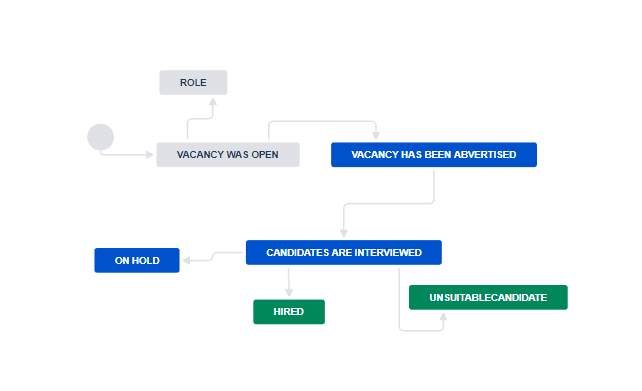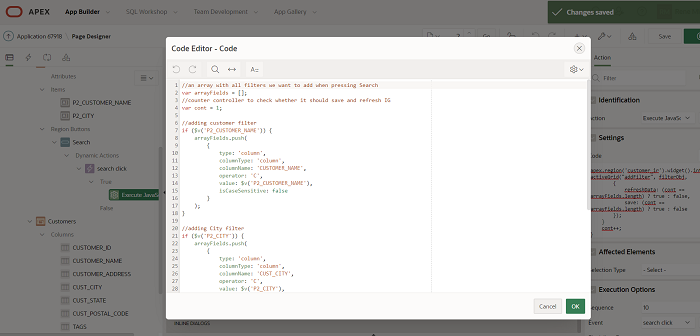Think strategy: quieter times are not for resting.
This year global pandemic has affected most businesses, and Infomentum is no exception. At the beginning of the spring lockdown, the uncertainty of the future put most organisations into some level of hibernation. For a short period, our team was not as utilised as usual. What did we do? We focused on what would benefit us in the long run: a new strategy, team training, enhancing our internal processes and knowledge repositories. One of the projects that ticked almost all boxes was the revamp of our internal Centre of Excellence (CoE). What is a CoE you ask? It is a cross-functional team responsible for creating and maintaining a centralised Knowledge Hub that offers API projects' best practices, governance, templates, and much more.













